With 232 pages and an expanded 12″ by 12″ format, our biggest print issue yet celebrates the people, places, music, and art of our hometown, including cover features on David Lynch, Nipsey Hussle, Syd, and Phoebe Bridgers’ Saddest Factory Records, plus Brian Wilson, Cuco, Ty Segall, Lord Huron, Remi Wolf, The Doors, the art of RISK, Taz, Estevan Oriol, Kii Arens, and Edward Colver, and so much more.




Photo by Michael Muller. Image design by Gene Bresler at Catch Light Digital. Cobver design by Jerome Curchod.
Phoebe Bridgers makeup: Jenna Nelson (using Smashbox Cosmetics)
Phoebe Bridgers hair: Lauren Palmer-Smith
MUNA hair/makeup: Caitlin Wronski
The Los Angeles Issue

Soccer Mommy, Evergreen
Sophie Allison’s fourth album digs deeper both poetically and personally as her dozy, conversational vocals and pop-grunge arrangements reach their clearest form.
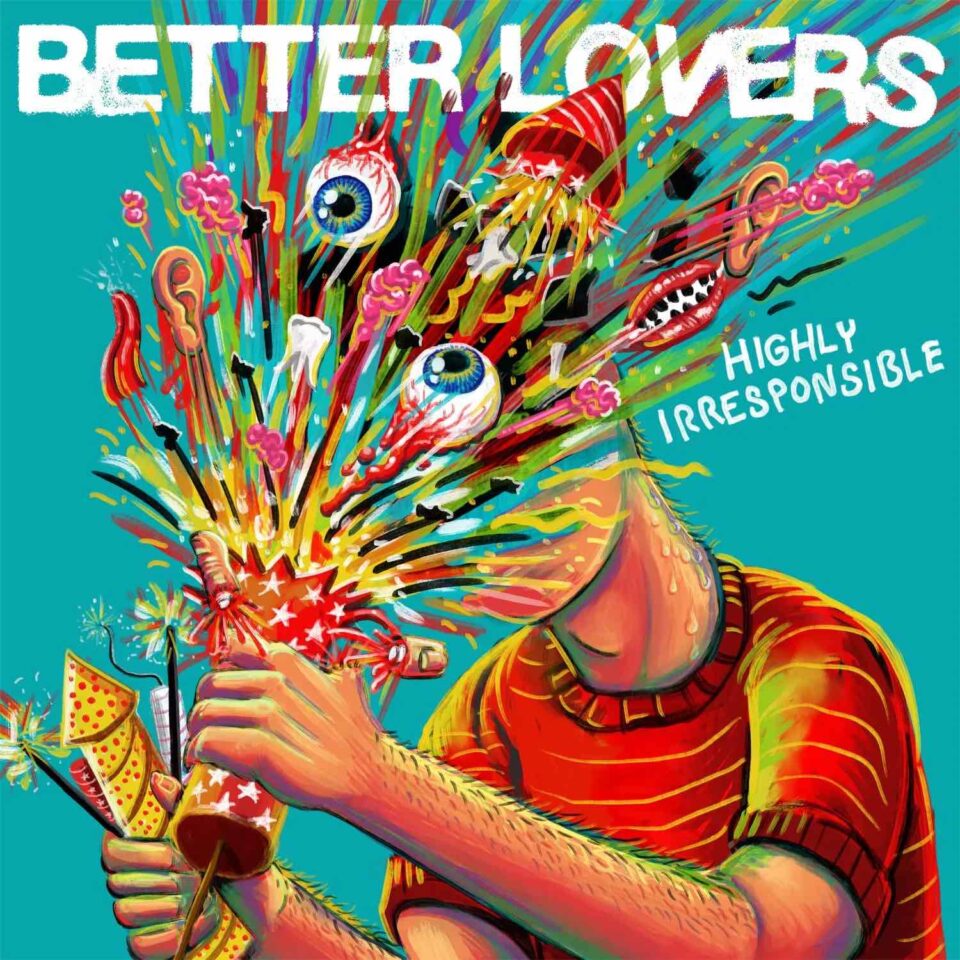
Better Lovers, Highly Irresponsible
The breathless riffs, ferocious pace, and veteran sense of security that define this debut album from the metalcore supergroup feel like the work of a band desperate to escape their history.
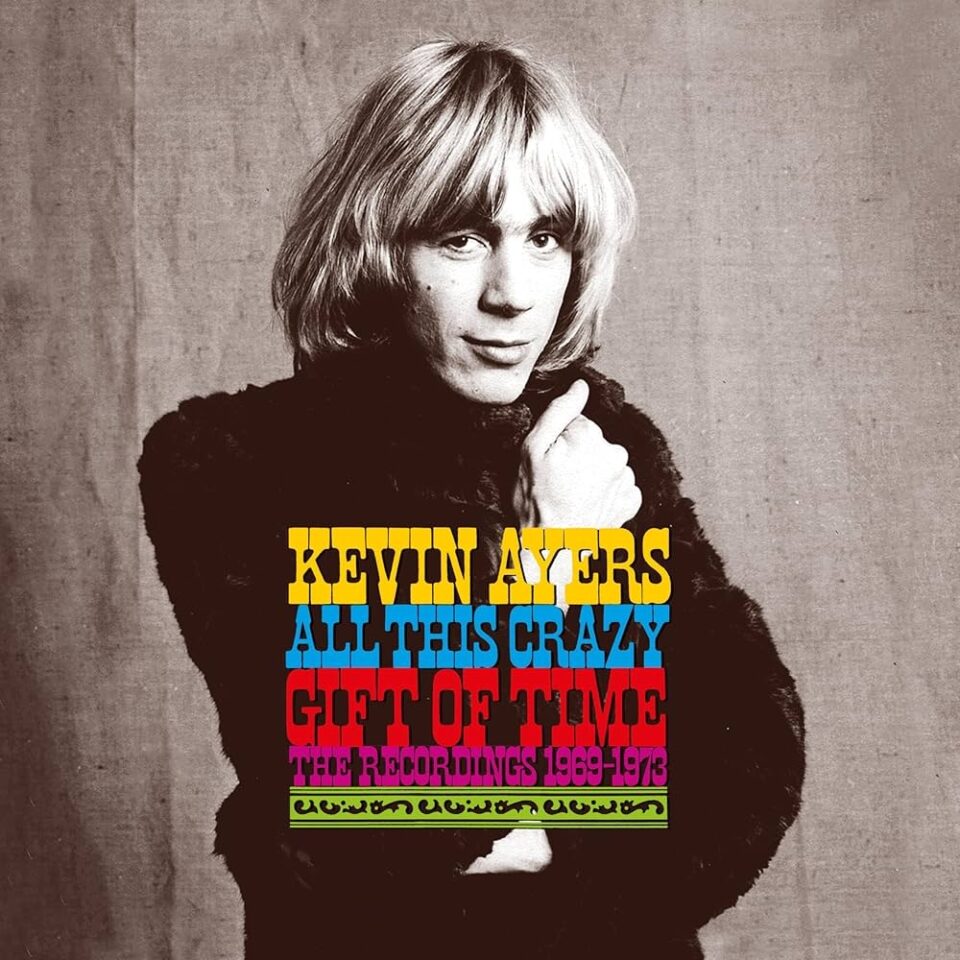
Kevin Ayers, All This Crazy Gift of Time: The Recordings 1969-1973
Composed of the avant-garde songwriter’s first four solo records along with live recordings and other oddities, this collection is a wealth of weird ranging from pastoral freak-folk to circus noise.
Josh Hurst
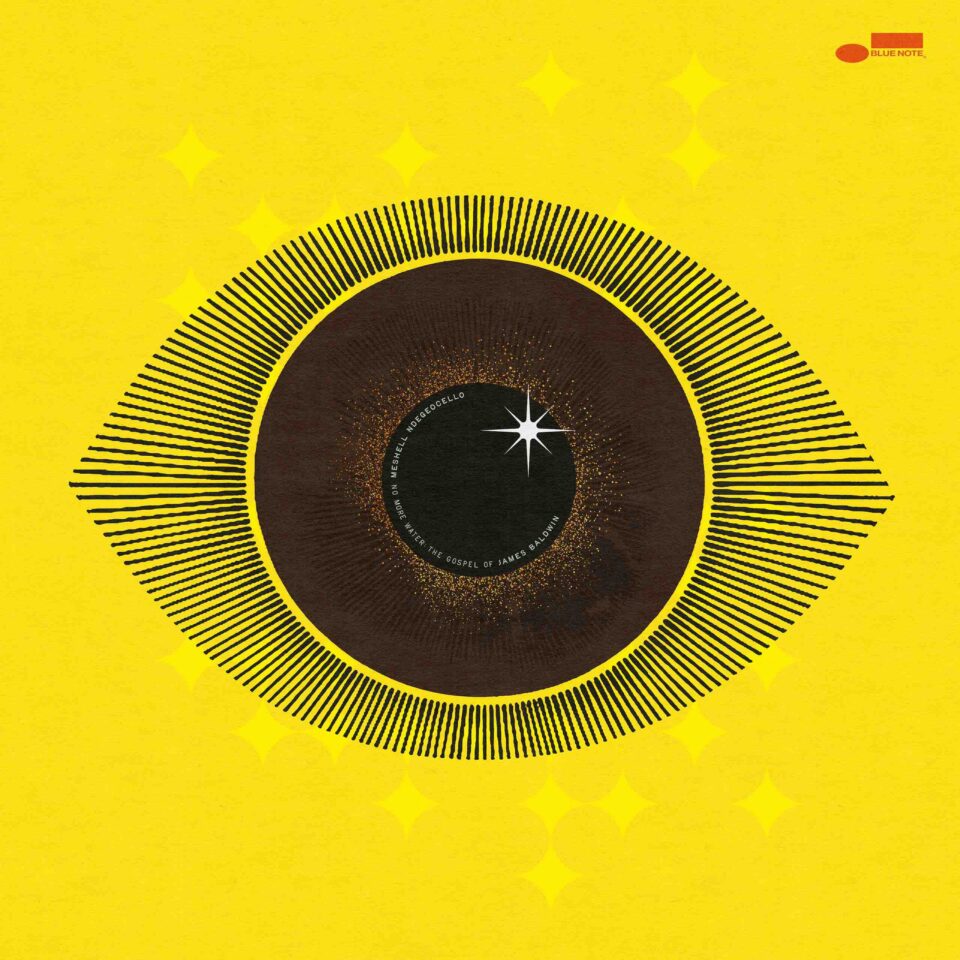
This 75-minute opus pays tribute to Baldwin’s righteous witness, applying his moral and spiritual rigor to Black experience in contemporary America with big ideas and vivid emotions.
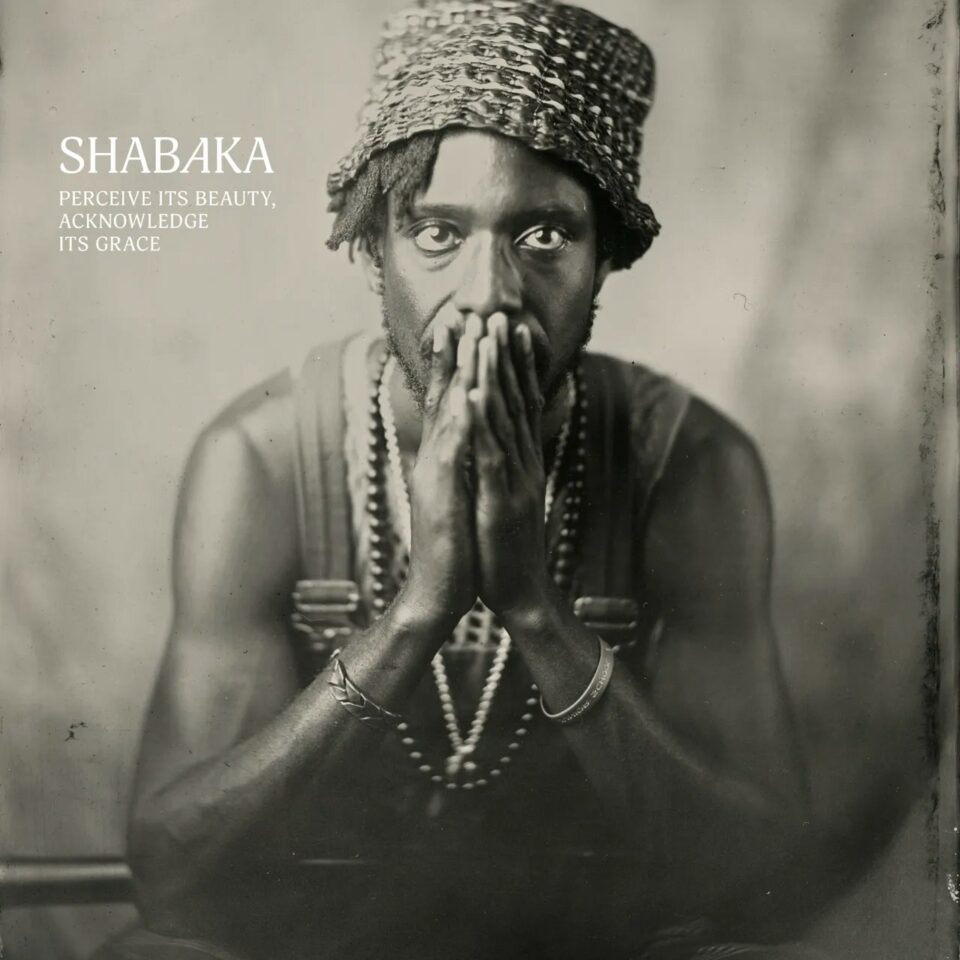
The prodigious jazz band leader shifts from kinetic energy to meditative tranquility as he puts down the sax on a solo release that’s somehow both calming and jarring.

The celebrated Philadelphia rapper’s debut full-length is made up of masterpieces in miniature—two- to three-minute songs intimate in their scope and spare in their production.

Exposure is the dominant mode on the Chicago-based songwriter’s latest, in which her language feels more carefully chiseled, more focused and impactful than ever before.

Beyond being wiser than her debut, this sophomore LP is also sharper, meaner, funnier, more assured, more pleasurable, and more persuasive that Rodrigo is operating on a plane of her own.
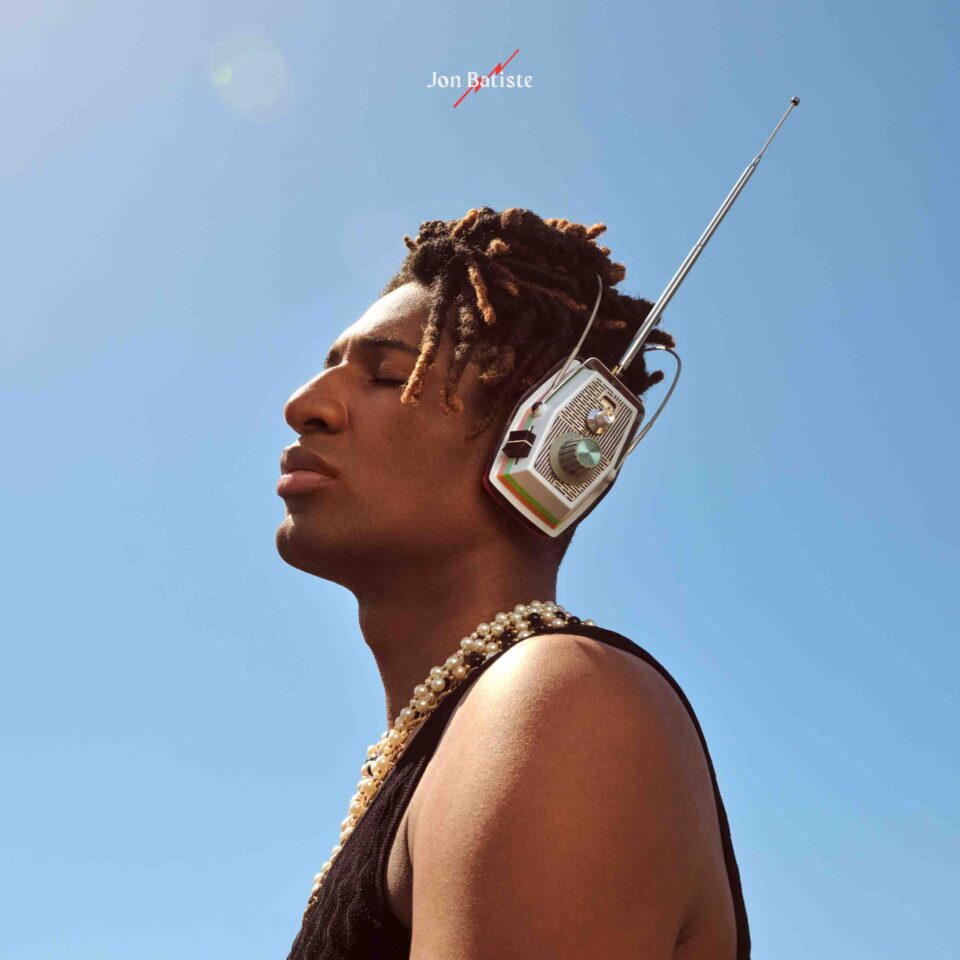
Coalescing disparate genres, generations, and value systems into a big-tent pop blockbuster, Batiste’s latest streamlines musical and ideological sophistication into an LP designed for mass appeal.
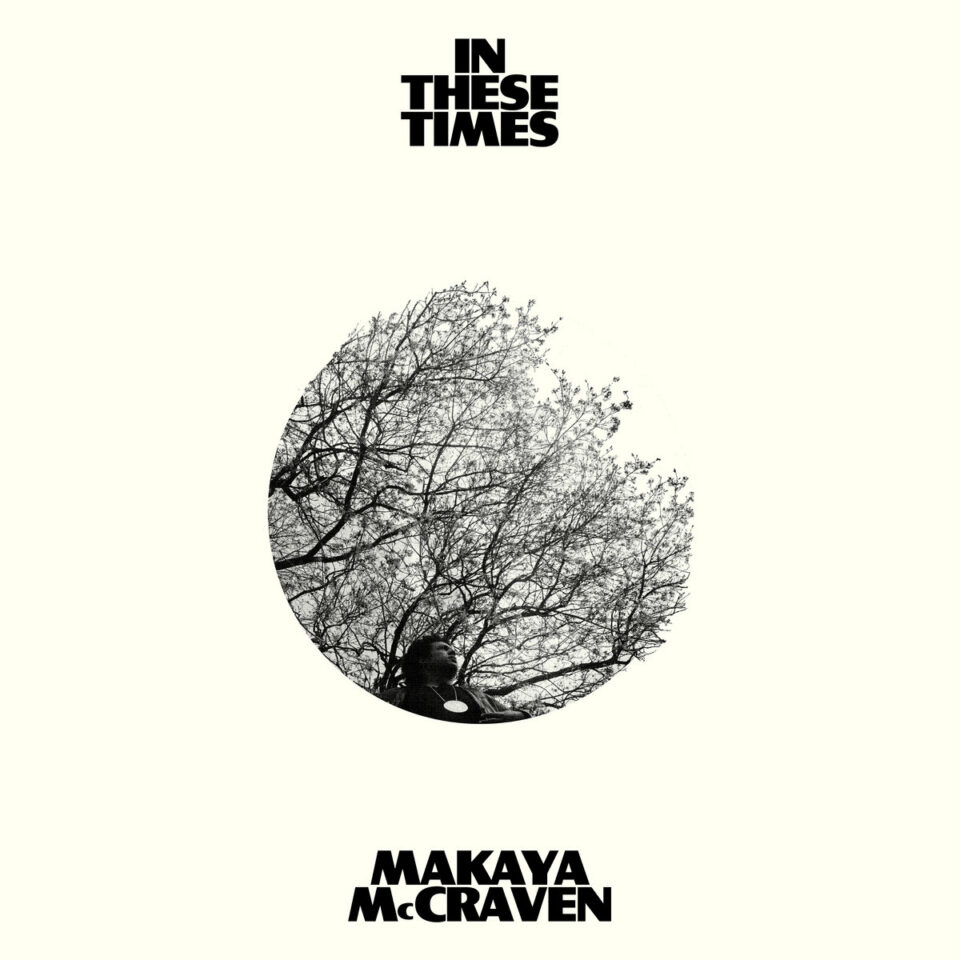
The jazz fusionist plays to his strengths as a sample-based thinker and collage artist while also showing how he can wrestle his micro-moments into long-form works.

The teen punks’ debut is a set of sturdily constructed songs that blur the line between bubblegum tunefulness, power pop crunch, and punk abandon.
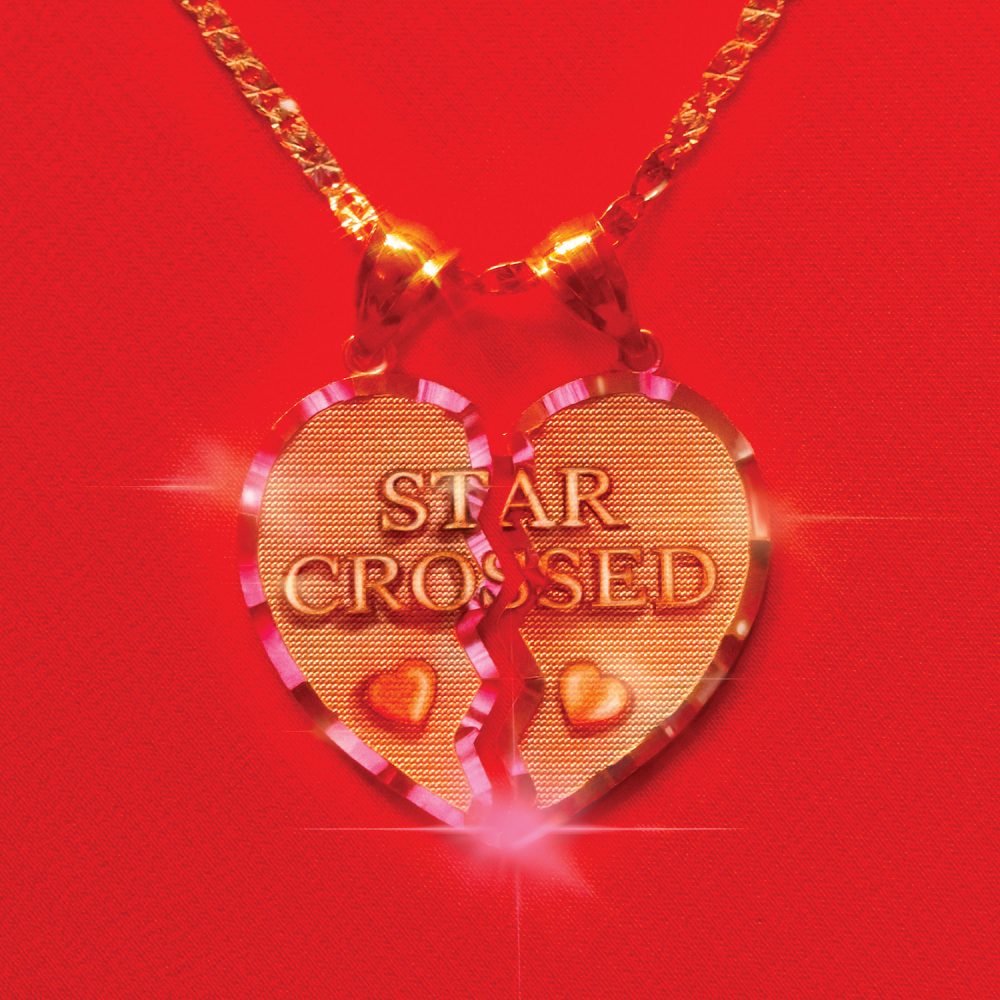
Kacey’s latest feels like several types of divorce album spliced together, at once messy, conflicted, and purposeful.
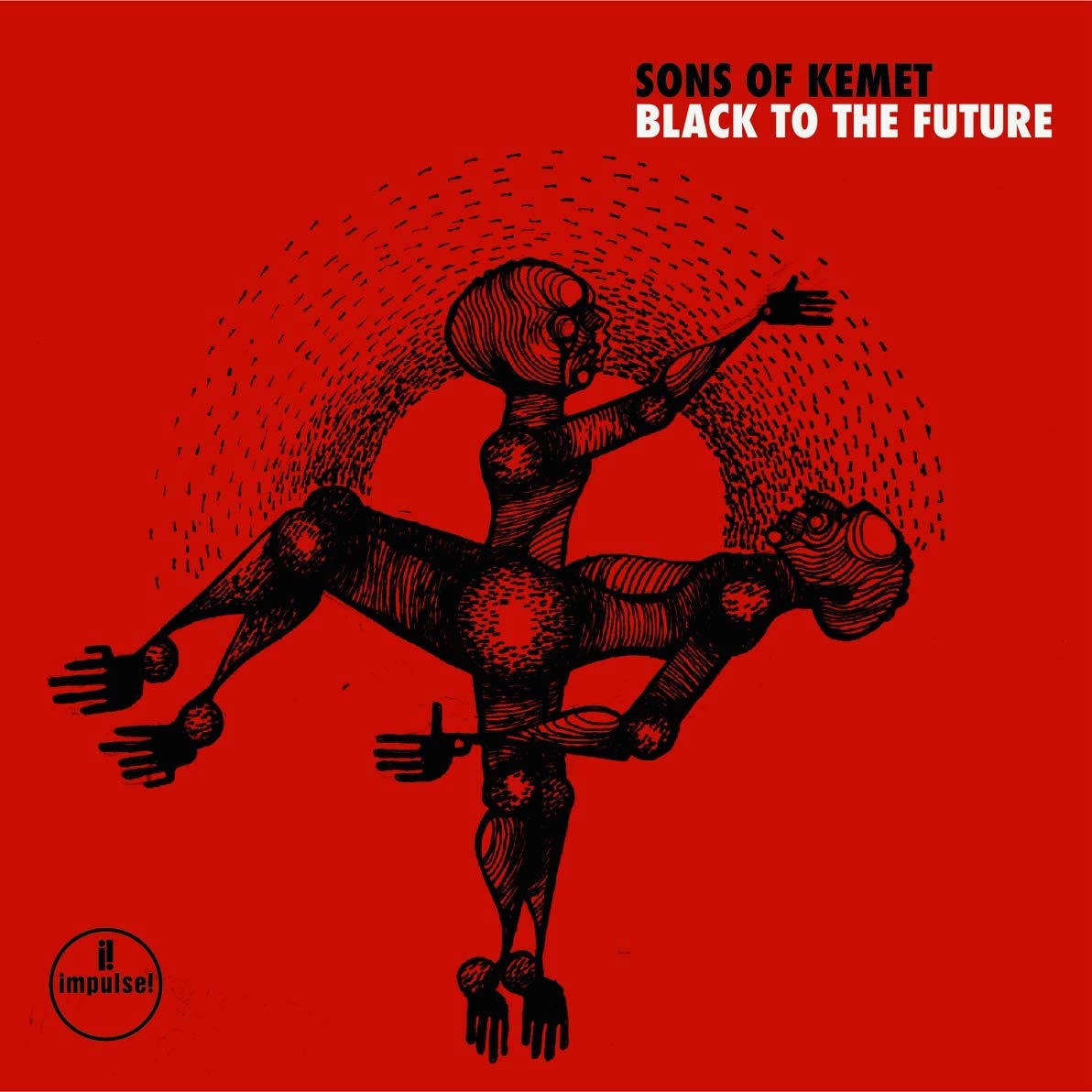
The jazz collective’s fourth album is first and foremost a dance record, bruising, visceral, and thrilling in its physicality.
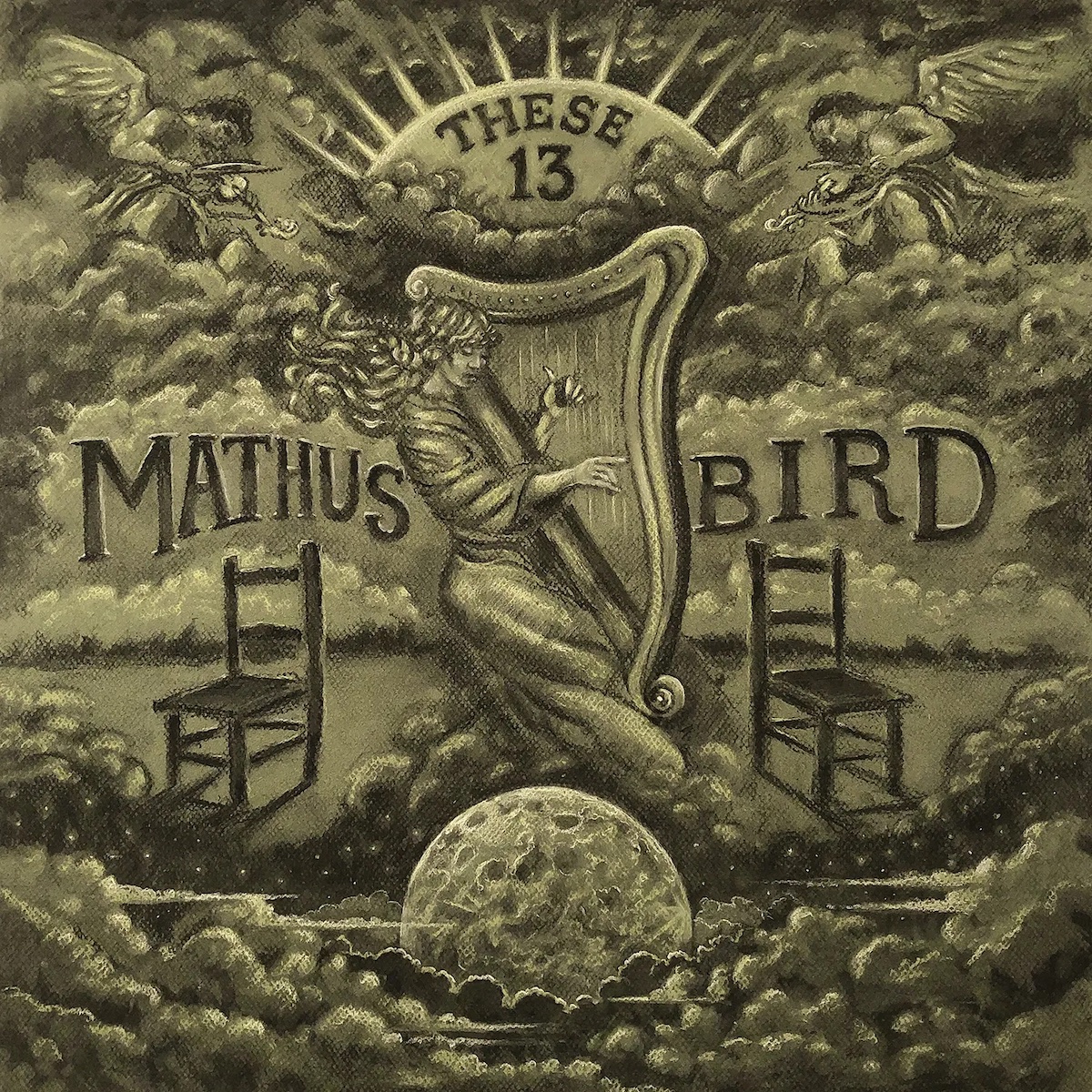
Bird reconnects with his Squirrel Nut Zippers associate Mathus for the most straightforwardly old-timey music he’s made since the late ’90s.
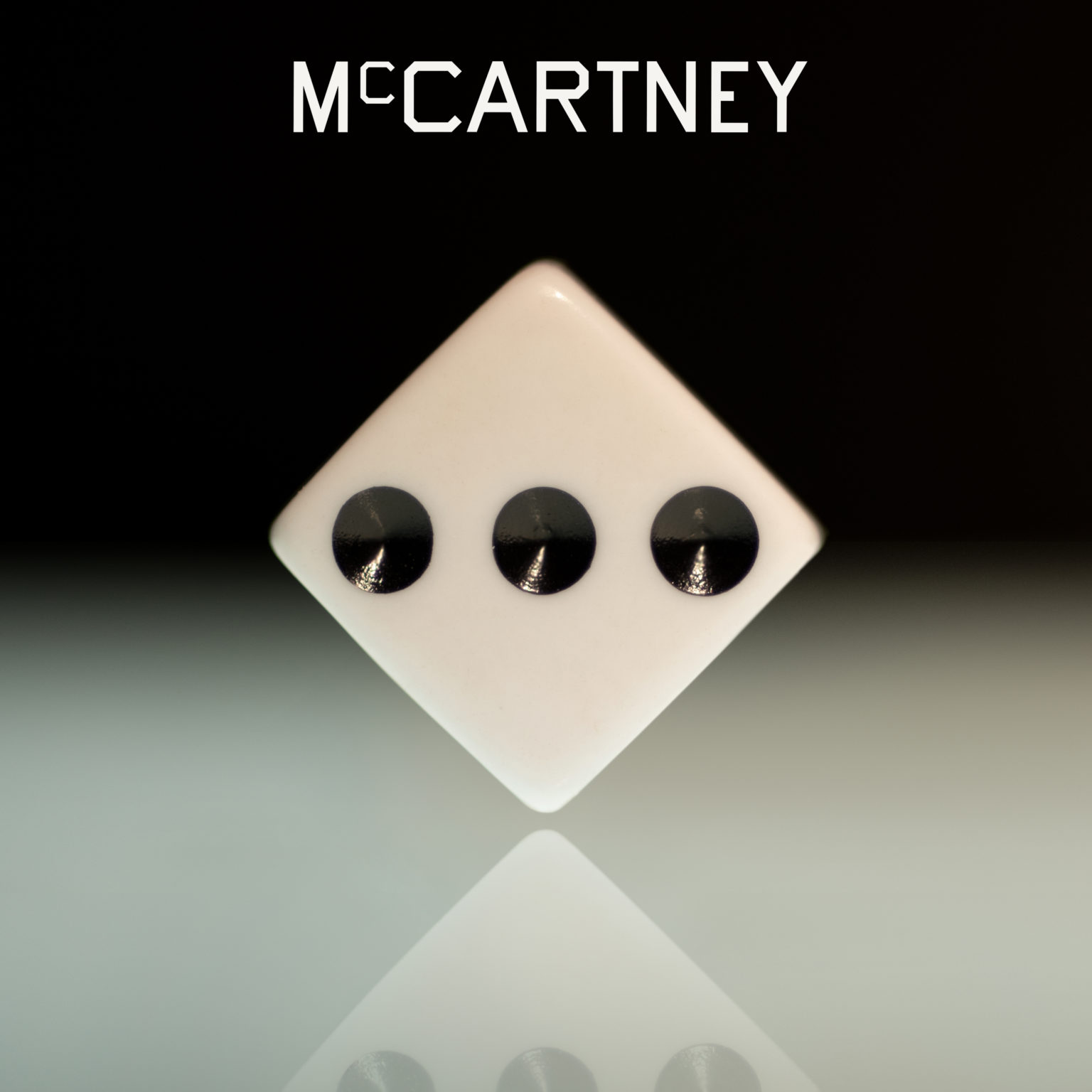
The latest from Sir Paul is warm, inviting, a little weird, persistently tuneful, endearingly merry.
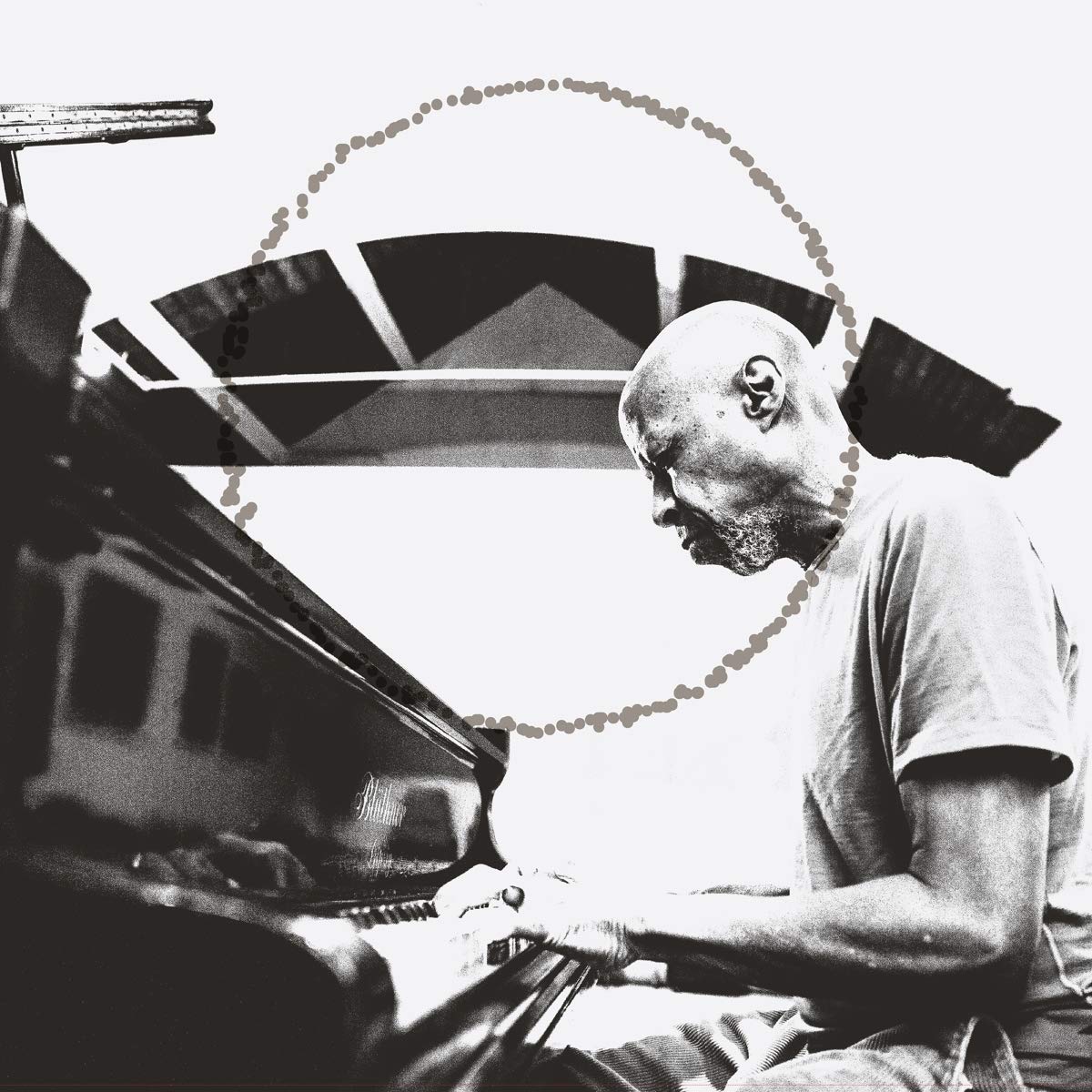
“Moon Piano” creates an environment that emanates tranquility without ever overstepping its bounds.

“Rumors” may seem almost like a deliberate provocation of the country purists.
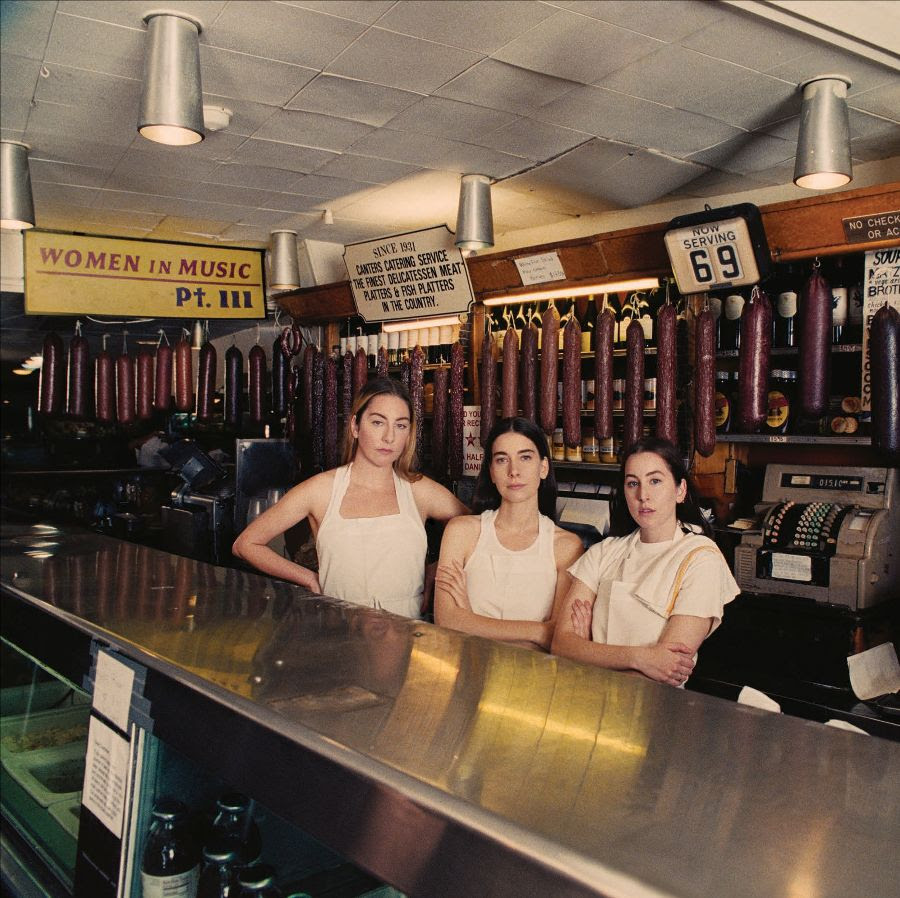
HAIM has always made their music sound effortless, but here they sound genuinely unencumbered.

On “Petals for Armor” Williams is in full blossom, telling her story without requiring our permission.
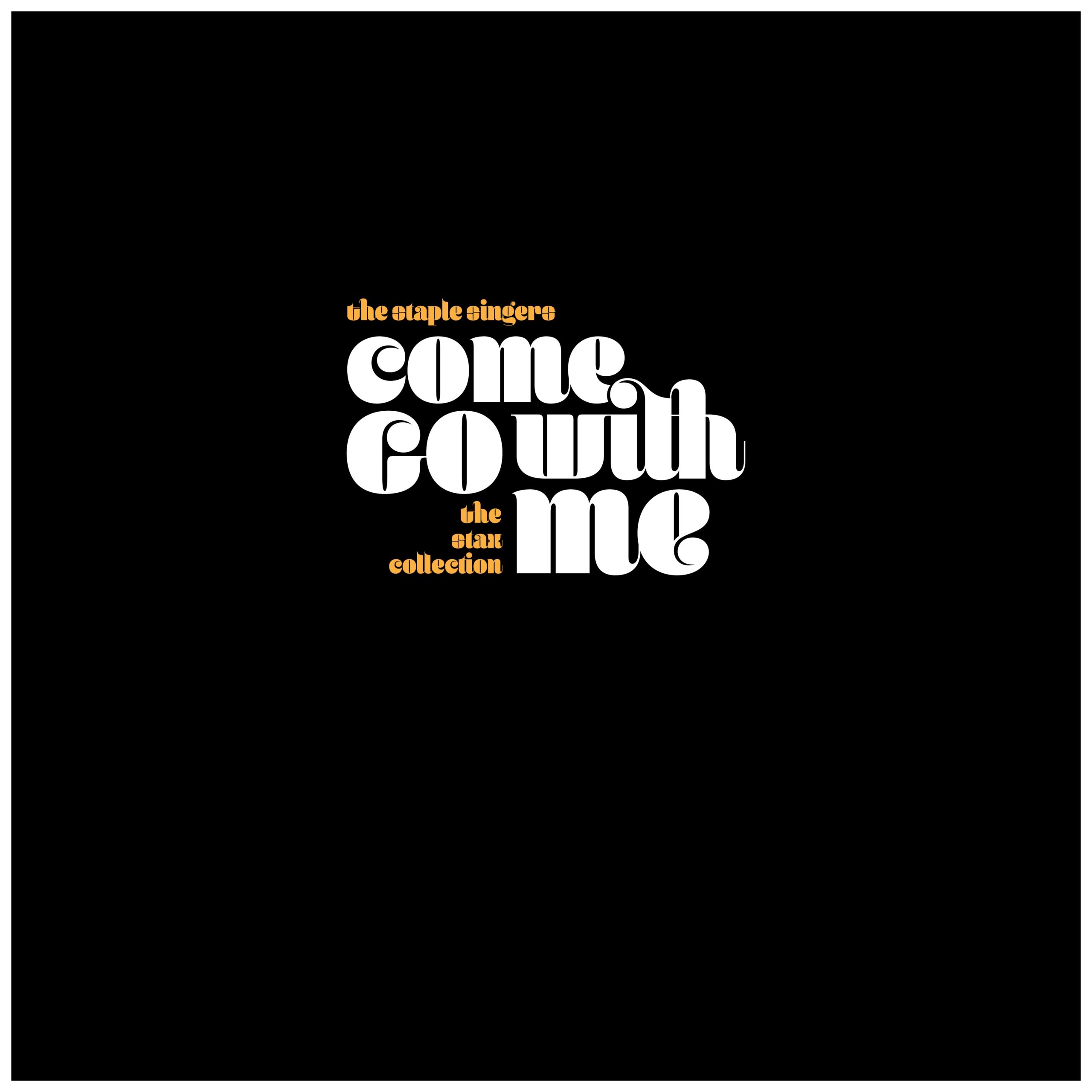
Looking for a consolidated history of soul music in one handy package?

The narrative behind Aaron Livingston’s third full-length as Son Little is one of relinquished control.

It’s not exactly a Beck album without precedent; but maybe at this point, that’s asking too much.
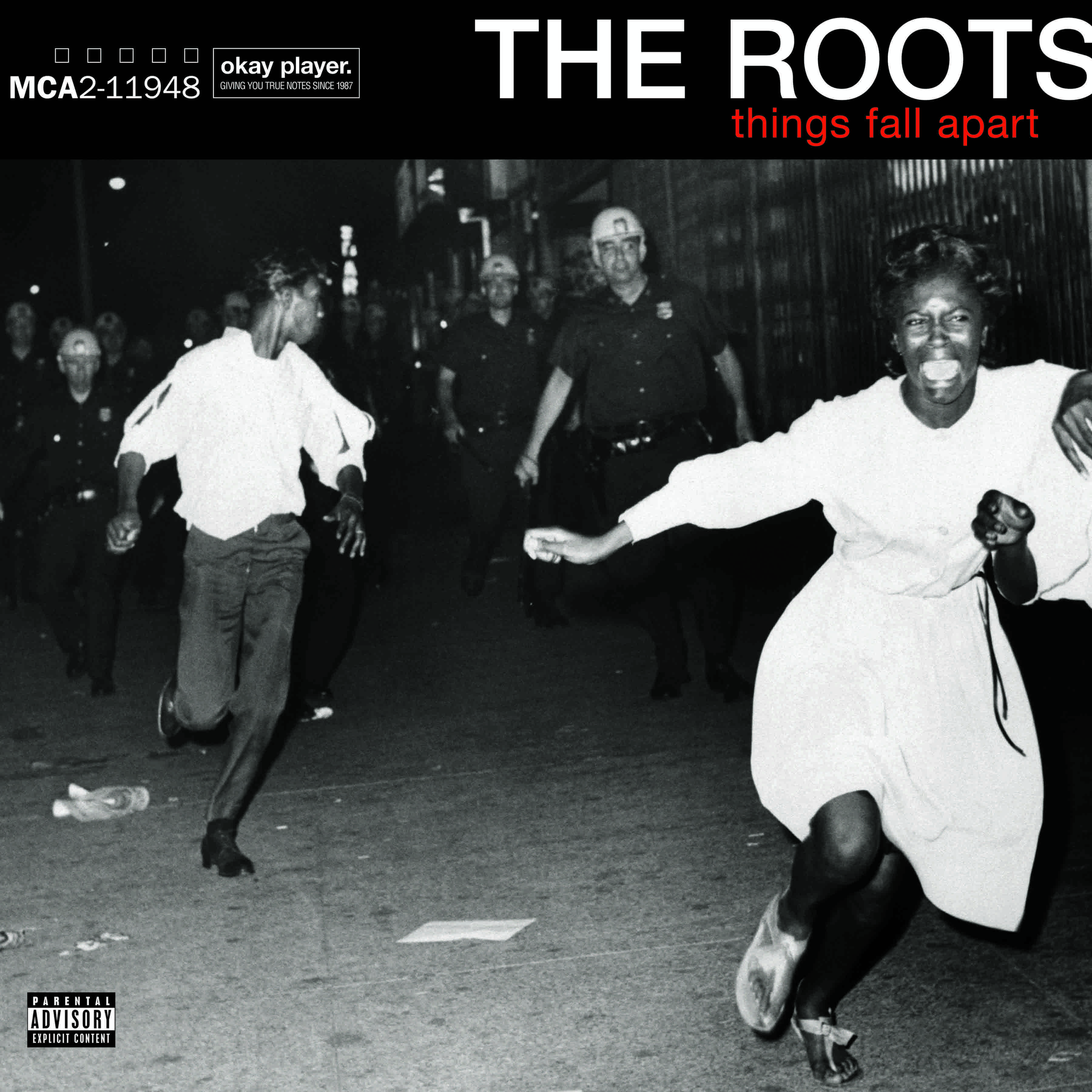
A record that still “sparks shit” today.

